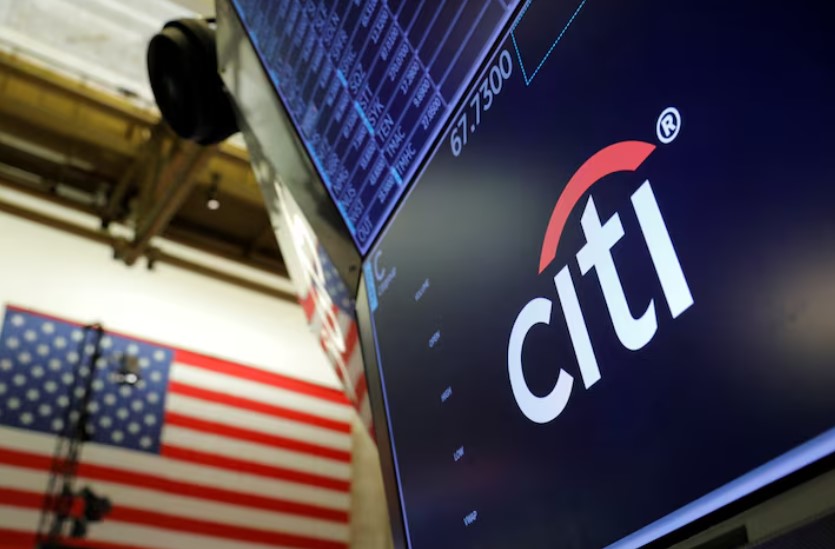By Stephen Gandel
Citigroup’s latest innovation: pay without performance. On Tuesday, the third-largest US bank said that top employees eligible to receive bonuses for cleaning up the error-prone lender’s endemic issues would see final payouts cut to 68% of target, or as much as $1.7 mln for top executives. But offering extra fillips to bankers for simply doing their jobs is a flawed premise, especially when Citi is not yet fixed.
Investment banks have long favored complicated schemes to incentivize responsible stewardship. Credit Suisse, for instance, lumped $5 billion of then-toxic junk bonds, opens new tab into employees’ bonuses as it struggled amid the financial crisis. That turned into a big payday, and the lender did something similar again a few years later. Of course, none of this altered the firm’s doomed course.
When Citi CEO Jane Fraser took over in 2021, she faced her own crisis. A year earlier, the bank accidentally wired $900 million to a client’s lenders, sparking a legal battle. Regulators stepped in, demanding Citi fix deficient risk controls. Add in fines for trading mishaps or racial profiling, and it’s little wonder the lender trades at a discount to rivals.

Fraser and the board adopted Wall Street’s pay-to-fix-it approach. Under a transformation bonus scheme, over 250 top executives could earn up to $5 million each over three years on top of regular compensation if the bank mended its issues. Tuesday’s regulatory filing discloses that Citi met just 53% of its self-imposed milestones. The meager punishment: Millions of dollars in bonuses that weren’t as high as they could have been.
Citi says it nonetheless made “good progress.” But this amounts to rewarding bankers for almost not screwing up. And mishaps continue. In 2024, the bank accidentally credited a client’s account with $81 trillion,, a figure equivalent to roughly three-quarters of global GDP, according to the World Bank.
Even the bonus scheme suffered its own sort of “fat finger” flaw. The final payout was increased from 53% to 68% to reflect the rise in Citi’s shares as measured over a narrow five-day period in February, when they notched their highest mark in years. They weren’t there long. The stock opened on Thursday at $70.98, barely above the scheme’s benchmark price.
While Fraser did not create Citi’s problems, responsibility for fixing them rests with her. Yet she was excluded from the bonus program, which the bank says allowed her to be an impartial judge. Amid the continuing problems, her own compensation rose 33% last year to $34.5 million. Incentivizing good behavior with extras isn’t working. Maybe it is time to consider the lack of consequences.

CONTEXT NEWS
Citigroup said on March 18 that the final installment of its three-year "transformation bonus program" would be paid at a 53% achievement percentage because the bank did not make enough progress quickly enough to improve its risk and control functions.
After adjusting for a total shareholder return component, the payout ratio for the last payment to 250 senior executives was 68%.
The special awards of up to $5 million per person were introduced in 2022. The first tranche paid out at 94% and the second tranche at 80%.
Editing by Jonathan Guilford and Pranav Kiran





